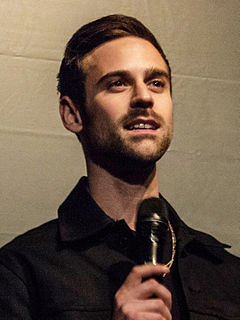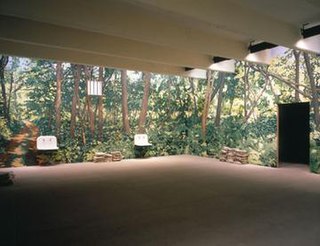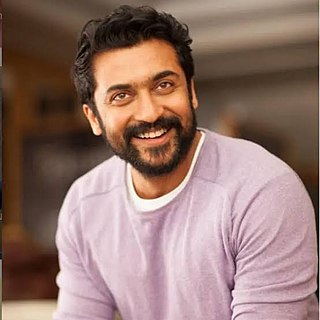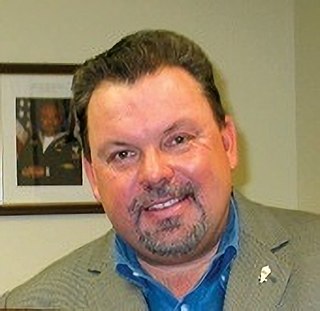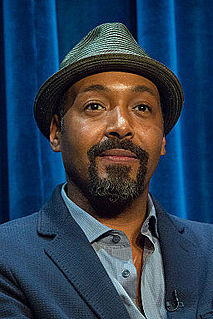A Quote by Laurie Simmons
I think that I came of age in the 1970s with my own work, and it was a time of conceptual and process art, and it was very important not to tell a story. If you told a story, when I was a young artist and first came to N.Y., it was, like, an embarrassing way to make art.
Related Quotes
I bring up 'The Heist,' and you can almost cut that record down the middle between songs where the beat came first and the words came second, and songs where the words came first and the beat came second. It can start with a vibe, a beat that drives a story, or it can start with a story and then trying to identify the tone to tell that story right.
The biggest threat to your creativity is the fear that it's already been done, said, created. (So why bother?)
Say it, do it, make it anyway - but tell YOUR story along the way.
The story of how you came to know what you know.
The story of what you want to know more of.
The story of why you do what you do.
The story of how you came to care.
And that's how you create what's never been created before.
The last thing I want to do is having someone get behind a Montgomery Clift biopic, and then just do the first script that came out. Sometimes it takes a long time for these things to gestate. And I'm only going to do it if it's the right story that's told for the right reason, and that's relevant to this day and age, as much as it pays homage to who this man was. Should that happen during the time when I'm still young enough to play him, perfect. And if not, hopefully someone else will get to play him because I do think it's an incredible story.
Art is frightening. Art isn't pretty. Art isn't painting. Art isn't something you hang on the wall. Art is what we do when we're truly alive. An artist is someone who uses bravery, insight, creativity, and boldness to challenge the status quo. And an artist takes it (all of it, the work, the process, the feedback from those we seek to connect with) personally.
When I make film music, I'm a filmmaker first and foremost. It's about serving the needs of the film. You're telling a story; in a way, you stop becoming a composer and become a storyteller instead. You tell the story with the most appropriate themes. How you approach these things is a very personal matter, but your goal is to tell the story first.
What's your story? It's all in the telling. Stories are compasses and architecture; we navigate by them, and to be without a story is to be lost in the vastness of world that spreads in all directions like arctic tundra or sea ice. To love someone is to put yourself in their place, we say, which is to put yourself in their story, or figure out how to tell yourself their story. Which means that a place is a story, and stories are geography, and empathy is first of all an act of imagination, a storyteller's art, and then a way of traveling from here to there.
I see a lot of people who have amazing stories but have been told that their work, their lives, and their stories and not the stuff of literature. Or they're first-generation college student, first-generation American, and their family just doesn't understand the art world. They have a lot of guilt. "We came all the way from [wherever] so you could do this?" Those people may not be showing the moxie, but that's because they don't even know what's possible. So I want to jump in and say, "Actually, your story is amazing, and I believe in you.".


